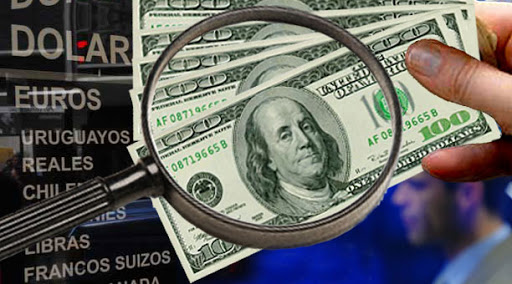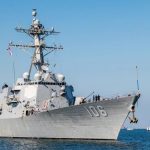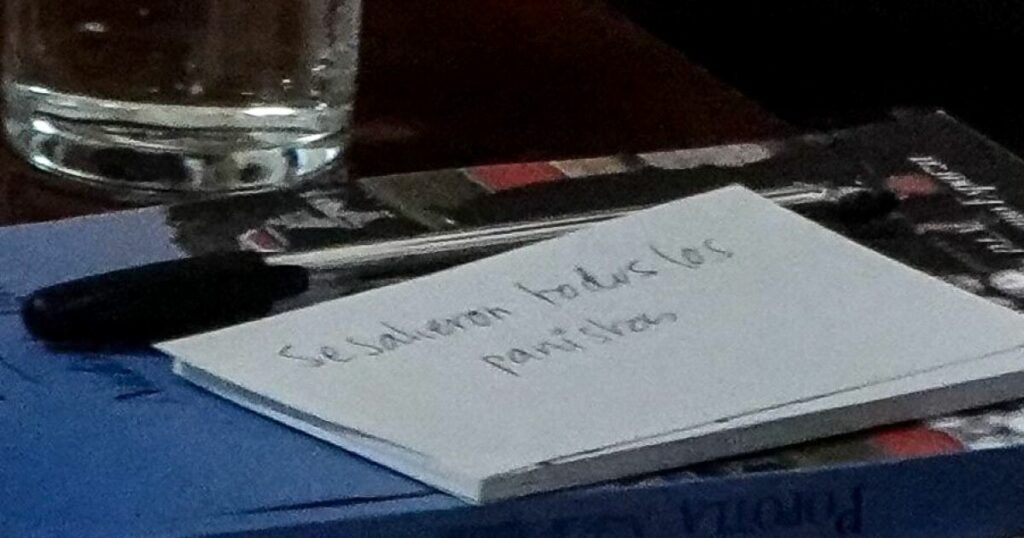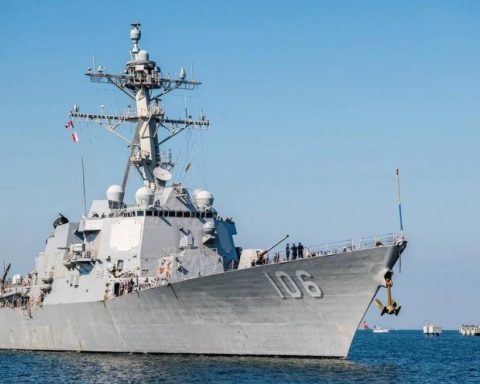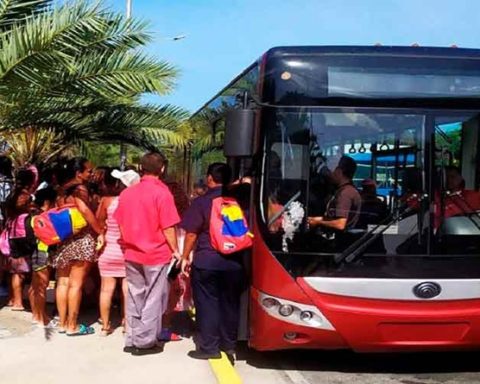Despite the fact that the dictatorship of Daniel Ortega has “improved” the Nicaraguan legal framework to prevent money laundering and the financing of terrorism, the eleventh Basel Anti-Money Laundering Index (AML for its acronym in English) places Nicaragua as the second worst country in Latin America and the Caribbean in the fight against money laundering.
The report, prepared by the International Center for Asset Recovery at the Basel Institute on Governance, detailed that Nicaragua obtained a rating of 6.70, on a scale of one to ten, where ten is the maximum risk.
The Central American country was surpassed by Haiti, which closed at 8.16 points, of the 22 countries evaluated in the Latin American and Caribbean region.
Related news: They accuse priests and seminarians who accompanied Monsignor Álvarez of conspiracy and spreading false news
In addition, Nicaragua is positioned as the nineteenth worst in the world in the fight against money laundering, only surpassed by Nigeria, Tonga, Zimbabwe and China. The Democratic Republic of the Congo, with 8.30 points, is in last place globally. These statistics place the Nicaraguan territory as a paradise for organized crime, which needs to launder its ill-gotten capital.
According to the Basel Index, the global average risk improved slightly from 5.30 in 2021 a 5.25 in 2022taking into account that 1 means less risk and 10 equals maximum risk.
The report highlighted that there was a small decrease in risks related to the quality of anti-money laundering frameworks and the financing of terrorismwhich has been offset by increased risks in the other four areas: corruption, financial transparency, public transparency, and political/legal risks.
In the case of Nicaragua, the Ortega-Murillo administration can allege “advances” in the legal framework, but in the remaining four areas it is postponed.
Ortega uses the fight against money laundering to repress the people
The sociologist and economist, Douglas Castro Quezada, described Nicaragua’s position as “serious” in the global ranking of the fight against money laundering, because the Daniel Ortega dictatorship “presumes” of persecuting and imprisoning people who carry out this practice, and has even criminalized opponents, businessmen and NGOs under this pretext, but it continues to obtain one of the lowest ratings.

Castro Quezada indicated to Article 66 that the rating obtained by Nicaragua “is serious, as well as paradoxical, that while the Sandinista dictatorship uses the excuse of combating money laundering to repress the Nicaraguan democratic opposition, at the same time the country continues to show fairly mediocre rates in the Index of Basel Against Money Laundering”.
Likewise, it alleged that the data presented in the Index “shows us, on the one hand, that the argument of money laundering against the opposition and Nicaraguan civil society is nothing more than a spurious strategy by the dictatorship to destroy the space democratic in the country. On the other hand, it shows us a harsh reality, which is that Nicaragua is a country vulnerable to this type of crime and that the Sandinista dictatorship does little, does nothing, or does nothing to prevent this type of crime.
Related news: Law on regulation and control of organizations violate a series of rights, expose specialists
He added that this “represents a lot of seriousness because money laundering is linked to very serious crimes such as terrorism, drug trafficking and organized crime in general.”
The political analyst, Eliseo Núñez, also told this media outlet that the reforms to the laws that Daniel Ortega has made to combat money laundering “have not been impressive because he does not deceive anyone,” since the bodies that monitor and fight against money laundering such as the FATF (Financial Action Task Force) “have seen that the intention” of the modifications or improvements to the legal framework in Nicaragua “is not to combat money laundering, but rather to have tools for political repression” .
In addition, Núñez stressed that the second position as the country with the most money laundering problems in Latin America and the Caribbean, “is harmful for Nicaragua, since any transaction from Nicaragua abroad is seen under the magnifying glass.”
In the same way, Douglas Castro stressed that “the consequences of these low ratings in this type of indices are extensive to the country, since they worsen the country’s already poor economic climate, where more and more international and national investors trust the country less. , because the dictatorship does not guarantee respect for legal certainty and the rule of law, which are key for the country to recover economically.
